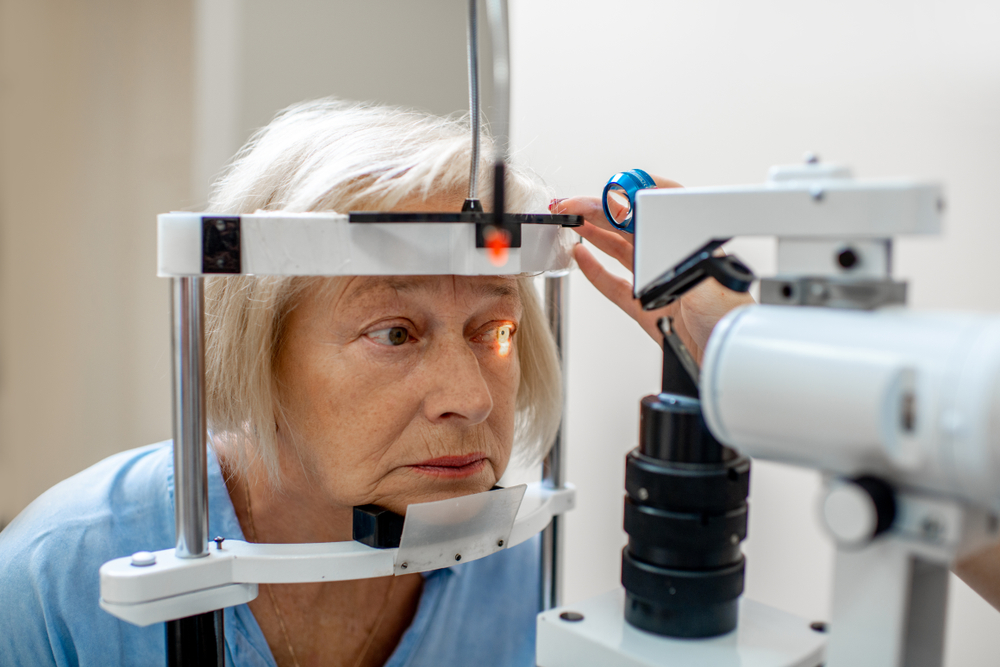
Glaucoma is often called the "silent thief of sight" because it typically develops without noticeable symptoms until significant vision loss has already occurred. This progressive eye disease damages the optic nerve, which is responsible for sending visual information from your eyes to your brain. Over time, untreated glaucoma can cause irreversible vision loss, impacting not only your eyesight but also your quality of life.
What Is Glaucoma?
Glaucoma is a group of eye conditions usually caused by increased pressure inside the eye (intraocular pressure). This pressure gradually damages the optic nerve. There are different types of glaucoma, but the most common is open-angle glaucoma, which develops slowly over many years. Since it often doesn’t cause pain or early warning signs, many people may not realize they have it until their vision is already affected.
What Glaucoma Can Do to Your Vision
One of the hallmark effects of glaucoma is loss of peripheral vision. At first, you may notice subtle blind spots that make it harder to see objects off to the side. As the disease progresses, this can narrow your field of vision, almost like looking through a tunnel. Advanced stages can also interfere with central vision, making daily tasks much more difficult.
How Glaucoma Impacts Daily Life
Because glaucoma damages vision gradually, its effects can often be overlooked until they begin to interfere with everyday activities. Some common ways it can affect daily life include:
Driving: Loss of peripheral vision makes it harder to detect cars, pedestrians, or hazards.
Reading and Screens: Difficulty focusing or blurry spots can make reading and screen use more challenging.
Mobility and Safety: Trouble seeing objects in your periphery may increase the risk of tripping, bumping into things, or falling.
Independence: Advanced vision loss may make it harder to manage household tasks, work responsibilities, or hobbies without assistance.
How to Protect Your Eyesight
While vision loss from glaucoma cannot be reversed, early diagnosis and proper treatment can slow or even stop its progression. Common treatments include:
Prescription eye drops to lower eye pressure.
Laser therapy or surgery in more advanced cases.
Lifestyle adjustments, such as using brighter lighting at home and scheduling regular breaks from screens.
The most important step you can take is to schedule routine comprehensive eye exams. Since glaucoma often goes unnoticed until it’s advanced, regular check-ups are the only reliable way to detect it early and begin treatment before vision loss occurs.
Stay Ahead of Glaucoma at Alameda Eyes Optometry
Glaucoma can significantly impact daily life, but early detection and treatment make a world of difference. Protecting your vision means staying proactive about your eye health and scheduling routine eye exams.
Schedule a comprehensive eye exam at Alameda Eyes Optometry and safeguard your vision from glaucoma. Visit our office in Alameda, California, or call (510) 769-2020 to book an appointment today.





